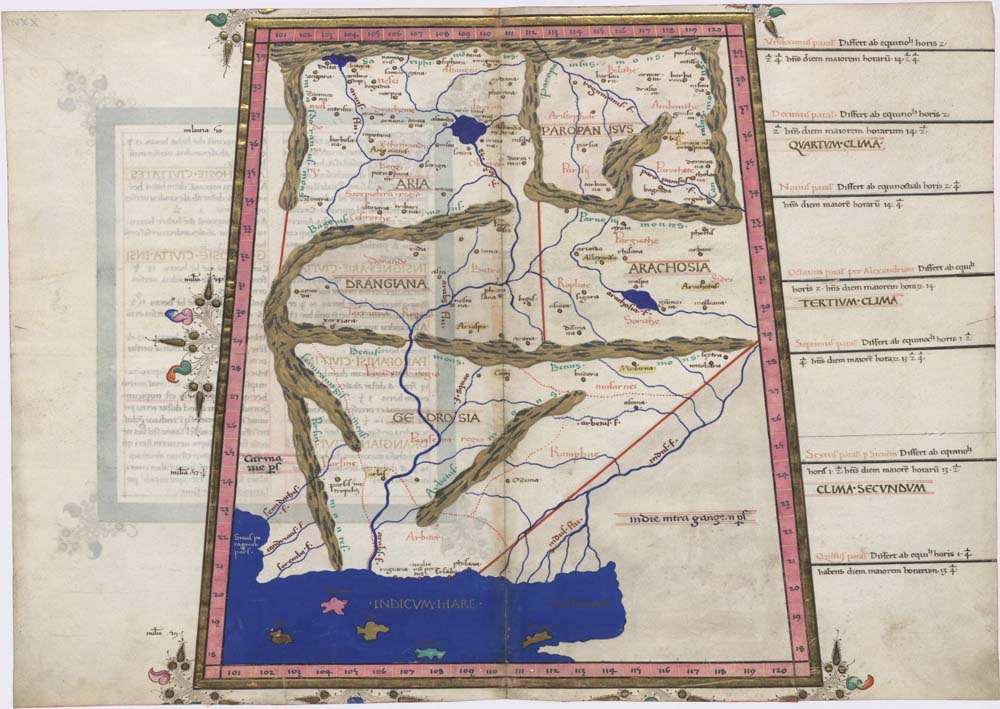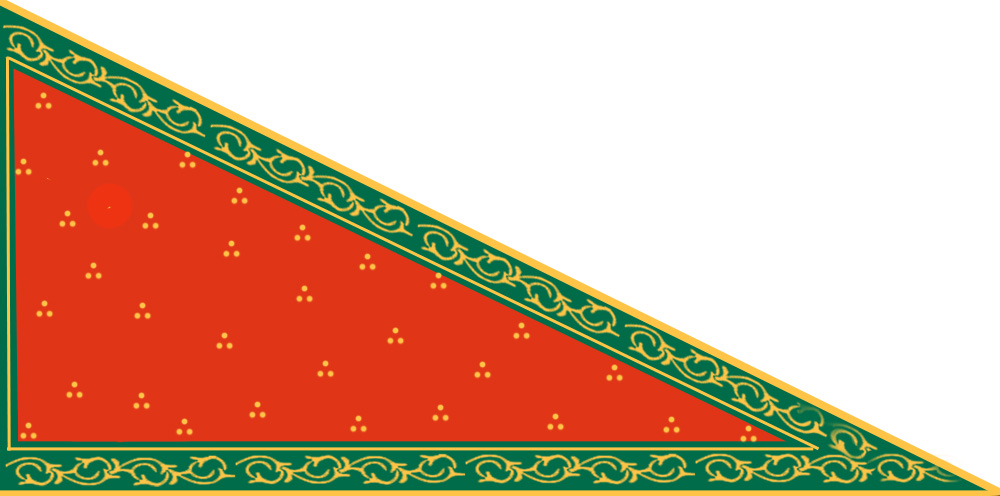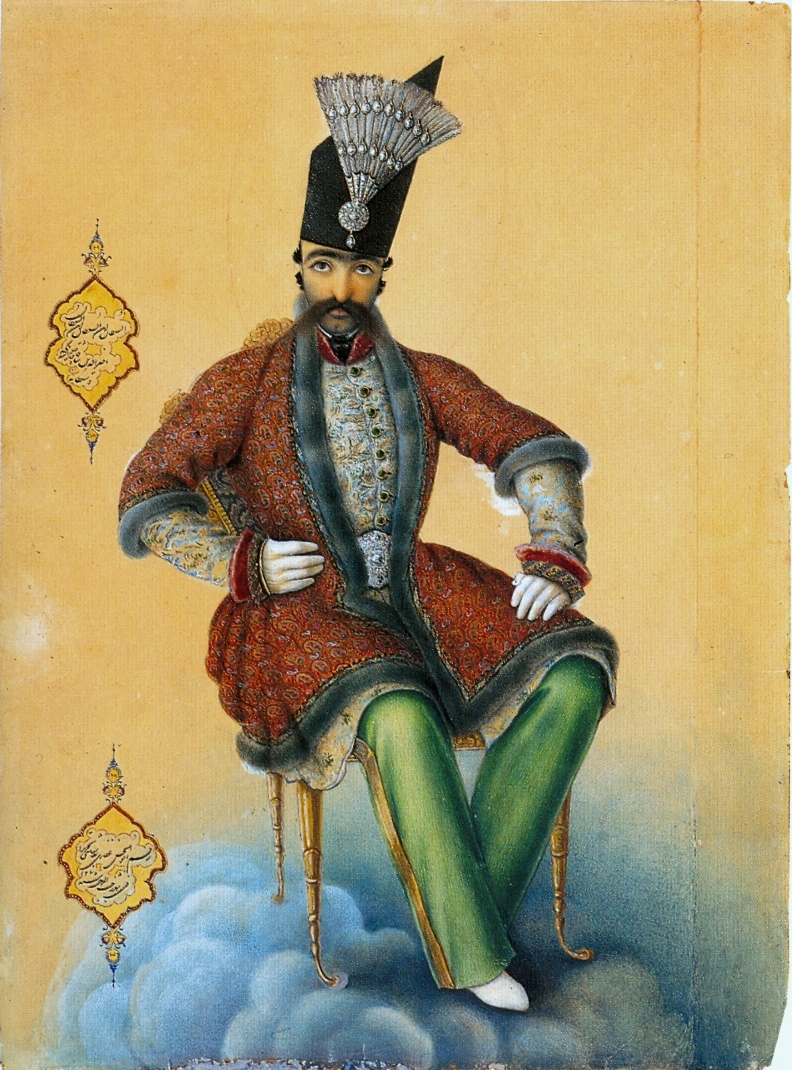|
Sultan Ahmad Khan (Pulat Khan)
Sultan Ahmad Khan bin Sardar 'Azim Mohammadzai (), also known as Sultan Jan () was the ruler of the Principality of Herat from September 1857 to April 1863. He was a nephew of Dost Mohammad Khan. In 1855-56, Sultan Ahmad Khan sent a petition to the Shahanshah. If they would support Sultan Ahmad Khan with an army he would overthrow the Amir-i Kabir and annex Afghanistan into the Guarded Domains. He was intercepted by Dost Mohammad Khan though and exiled Sultan Ahmad Khan to Iran. When the Anglo-Persian War ended he was installed as ruler of Herat by the Iranians. On May 24, 1857, he arrived in Herat. The Iranians evacuated Herat in September 1857 in accordance with the Treaty of Paris.Edward Balfour.The cyclopædia of India and of eastern and southern Asia Bernard Quaritch, 1885 During his reign, he was completely dependent on Iran and not only minted coins in the Shahanshah's name, but also repeatedly given support upon request against the Mohammadzais. Naser al-Din Shah bestowe ... [...More Info...] [...Related Items...] OR: [Wikipedia] [Google] [Baidu] |
Herat (1793-1863)
Herāt (; fa, هرات) is an oasis city and the List of cities in Afghanistan, third-largest city of Afghanistan. In 2020, it had an estimated population of 574,276, and serves as the capital of Herat Province, situated south of the Paropamisus Mountains (''Selseleh-ye Safēd Kōh'') in the fertile valley of the Hari (Afghanistan), Hari River in the western part of the country. An ancient civilization on the Silk Road between the Middle East, Central and South Asia, it serves as a regional hub in the country's west. Herat dates back to Avestan geography, Avestan times and was traditionally known for its wine. The city has a number of historic sites, including the Herat Citadel and the Musalla Complex. During the Middle Ages Herat became one of the important cities of Greater Khorasan, Khorasan, as it was known as the ''Pearl of Khorasan''. After the conquest of Tamerlane, the city became an important center of intellectual and artistic life in the Islamic world. Under the rule ... [...More Info...] [...Related Items...] OR: [Wikipedia] [Google] [Baidu] |
Casus Belli
A (; ) is an act or an event that either provokes or is used to justify a war. A ''casus belli'' involves direct offenses or threats against the nation declaring the war, whereas a ' involves offenses or threats against its ally—usually one bound by a mutual defense pact. Either may be considered an A declaration of war usually contains a description of the ''casus belli'' that has led the party in question to declare war on another party. Terminology The term ''casus belli'' came into widespread use in Europe in the seventeenth and eighteenth centuries through the writings of Hugo Grotius (1653), Cornelius van Bynkershoek (1707), and Jean-Jacques Burlamaqui (1732), among others, and due to the rise of the political doctrine of ''jus ad bellum'' or "just war theory". The term is also used informally to refer to any "just cause" a nation may claim for entering into a conflict. It is used retrospectively to describe situations that arose before the term came into wide use, a ... [...More Info...] [...Related Items...] OR: [Wikipedia] [Google] [Baidu] |
History Of Herat Province
History (derived ) is the systematic study and the documentation of the human activity. The time period of event before the invention of writing systems is considered prehistory. "History" is an umbrella term comprising past events as well as the memory, discovery, collection, organization, presentation, and interpretation of these events. Historians seek knowledge of the past using historical sources such as written documents, oral accounts, art and material artifacts, and ecological markers. History is not complete and still has debatable mysteries. History is also an academic discipline which uses narrative to describe, examine, question, and analyze past events, and investigate their patterns of cause and effect. Historians often debate which narrative best explains an event, as well as the significance of different causes and effects. Historians also debate the nature of history as an end in itself, as well as its usefulness to give perspective on the problems of the p ... [...More Info...] [...Related Items...] OR: [Wikipedia] [Google] [Baidu] |
19th-century Afghan Monarchs
The 19th (nineteenth) century began on 1 January 1801 ( MDCCCI), and ended on 31 December 1900 ( MCM). The 19th century was the ninth century of the 2nd millennium. The 19th century was characterized by vast social upheaval. Slavery was abolished in much of Europe and the Americas. The First Industrial Revolution, though it began in the late 18th century, expanding beyond its British homeland for the first time during this century, particularly remaking the economies and societies of the Low Countries, the Rhineland, Northern Italy, and the Northeastern United States. A few decades later, the Second Industrial Revolution led to ever more massive urbanization and much higher levels of productivity, profit, and prosperity, a pattern that continued into the 20th century. The Islamic gunpowder empires fell into decline and European imperialism brought much of South Asia, Southeast Asia, and almost all of Africa under colonial rule. It was also marked by the collapse of the large S ... [...More Info...] [...Related Items...] OR: [Wikipedia] [Google] [Baidu] |
Sher Ali Khan
Sher Ali Khan (); c. 1825 – 21 February 1879) was Amir of Afghanistan from 1863 to 1866 and from 1868 until his death in 1879. He was one of the sons of Dost Mohammed Khan, founder of the Barakzai dynasty in Afghanistan. Life Sher Ali Khan was born into a Pashtun family, Initially he seized power when his father died, but was quickly ousted by his older brother, Mohammad Afzal Khan. Internecine warfare followed until Sher Ali Khan defeated his brother and regained the title of Emir. Reforms Sher Ali Khan's reign as Amir is often remembered for his attempts at reforming Barakzai rule in Afghanistan. Changes brought during the period of Sher Ali Khan's rule include the creation of governmental posts, military reform, the introduction of the first postal service in Afghanistan and the first attempts of an Afghan leader at promoting the Pashto language. Sher Ali Khan tried to limit the power of the Barakzai sardars. He didn't allow his sons to administer provinces and ins ... [...More Info...] [...Related Items...] OR: [Wikipedia] [Google] [Baidu] |
First Anglo-Afghan War
The First Anglo-Afghan War ( fa, جنگ اول افغان و انگلیس) was fought between the British Empire and the Emirate of Afghanistan, Emirate of Kabul from 1838 to 1842. The British initially successfully invaded the country taking sides in a war of succession, succession dispute between emir Dost Mohammad Khan (Emir of Afghanistan), Dost Mohammad (Barakzai dynasty, Barakzai) and former emir Shah Shujah Durrani, Shah Shujah (Durrani dynasty, Durrani), whom they reinstalled upon occupying Kabul in August 1839. The main British Indian force occupied Kabul and endured harsh winters. The force and its camp followers were almost completely massacred during the 1842 retreat from Kabul. The British then sent an Kabul Expedition (1842), ''Army of Retribution'' to Kabul to avenge the destruction of the previous forces. After recovering prisoners, they left Afghanistan by the end of the year. Dost Mohammed returned from exile in India to resume his rule. It was one of the first ... [...More Info...] [...Related Items...] OR: [Wikipedia] [Google] [Baidu] |
Shindand
Sabzwār ( fa, سبزوار) is a town and the center of the Sabzwar District, Herat Province, Afghanistan. It is located at at 1,066 m altitude on the Harut River. The Sabzwar Air Base is located about 15 miles northeast of the town. Shindand is at the northern end of Zirko Valley, which is one of main centers of poppy production in western Afghanistan. The town is located south of Adriskan, where a large police training facility exists. The population is mixed, includes Tajiks and others, though Pashtuns make up the majority. The main languages spoken in the area are Dari Persian. During the Soviet–Afghan War (1979–1989) the 5th Guards Motor Rifle Division was headquartered in the town. Etymology The name ''Shindand'' means "green pond" in Pashto. The city was previously known as Sabzawar and Asfezar. History Shindand was once a city of considerable size, and still possesses a fortress with sides of about 200 metres. In the 19th century the city was said to ... [...More Info...] [...Related Items...] OR: [Wikipedia] [Google] [Baidu] |
Herat Campaign Of 1862-63
Herāt (; Persian: ) is an oasis city and the third-largest city of Afghanistan. In 2020, it had an estimated population of 574,276, and serves as the capital of Herat Province, situated south of the Paropamisus Mountains (''Selseleh-ye Safēd Kōh'') in the fertile valley of the Hari River in the western part of the country. An ancient civilization on the Silk Road between the Middle East, Central and South Asia, it serves as a regional hub in the country's west. Herat dates back to Avestan times and was traditionally known for its wine. The city has a number of historic sites, including the Herat Citadel and the Musalla Complex. During the Middle Ages Herat became one of the important cities of Khorasan, as it was known as the ''Pearl of Khorasan''. After the conquest of Tamerlane, the city became an important center of intellectual and artistic life in the Islamic world. Under the rule of Shah Rukh the city served as the focal point of the Timurid Renaissance, whose glory ... [...More Info...] [...Related Items...] OR: [Wikipedia] [Google] [Baidu] |
Dost Mohammad Khan
Dost Mohammad Khan Barakzai (Pashto/Persian: ; 23 December 17929 June 1863), nicknamed the Amir-i Kabir, Also titled Amir al-Mu'minin, was a member of the Barakzai dynasty and one of the prominent rulers of the Emirate of Afghanistan. His 37-year rule was important in the creation of modern Afghanistan. With the decline of the Durrani dynasty, he became the Emir of Kabul in 1826. He was the 11th son of Payendah Khan, chief of the Barakzai Pashtuns, who was killed in 1799 by Afghan Emperor Zaman Shah Durrani. Dost Mohammad began his official reign at the beginning of his rule in 1826 when he usurped Kabul. However, he had taken Kabul a few years prior in 1818, as well as later returning to power in 1843 after the First Anglo-Afghan War, where his rule was disputed from 1839 to 1842 by Shah Shuja Durrani. When Dost Mohammad ascended to the rule of Kabul, the Afghan realm faced a period of decline. Beset by civil war between the sons of Timur Shah Durrani, the formerly large Durran ... [...More Info...] [...Related Items...] OR: [Wikipedia] [Google] [Baidu] |
Naser Al-Din Shah Qajar
Naser al-Din Shah Qajar ( fa, ناصرالدینشاه قاجار; 16 July 1831 – 1 May 1896) was the fourth Shah of Qajar Iran from 5 September 1848 to 1 May 1896 when he was assassinated. He was the son of Mohammad Shah Qajar and Malek Jahan Khanom and the third longest reigning monarch in Iranian history after Shapur II of the Sassanid dynasty and Tahmasp I of the Safavid dynasty. Nasser al-Din Shah had sovereign power for close to 51 years. He was the first modern Persian monarch who formally visited Europe and wrote of his travels in his memoirs. A modernist, he allowed the establishment of newspapers in the country and made use of modern forms of technology such as telegraphs, photography and also planned concessions for railways and irrigation works. Despite his modernizing reforms on education, his tax reforms were abused by people in power, and the government was viewed as corrupt and unable to protect commoners from abuse by the upper class which led to increasi ... [...More Info...] [...Related Items...] OR: [Wikipedia] [Google] [Baidu] |
Farah, Afghanistan
Farah (Pashto/Dari: ) is the capital and largest city of Farah Province in western Afghanistan. It is located on the Farah River, close to the border with Iran. It is one of the largest cities of western Afghanistan in terms of population, with about 1.5 million people living in its urban area. Land use Farah is located in western Afghanistan between Kandahar and Herat, close to the border with Iran, although it lacks a direct road connection with the latter. Farah has a very clear grid of roads distributed through the higher-density residential areas. However barren land (35%) and vacant plots (25%) are the largest land uses and combine for 60% of total land use. History Ancient history The Citadel at Farah is probably one of a series of fortresses constructed by Alexander the Great, the city being an intermediate stop between Alexandria Arachosia (modern Kandahar) and Herat, the location of another of Alexander's fortresses. The "Alexandria" prefix was added to the c ... [...More Info...] [...Related Items...] OR: [Wikipedia] [Google] [Baidu] |
Sirkar
Sarkar may refer to: * Sarkar (surname), including a list of people with the name * ''Sarkar'' (film series), a series of Indian political crime thriller films ** ''Sarkar'' (2005 film), the first film in the series * ''Sarkar'' (2018 film), an Indian Tamil-language film ** ''Sarkar'' (soundtrack), a soundtrack album from the 2018 film * Sarkar (country subdivision), a historical administrative unit, mostly in the Mughal states of India * 25630 Sarkar, a main-belt asteroid See also * Sərkar (other), several places in Azerbaijan * Sircar Sircar is the surname of: * Birendranath Sircar (1901–1980), Indian film producer and the founder of New Theatres, Calcutta * Dineshchandra Sircar (1907–1985), Indian epigraphist, historian, numismatist and folklorist * Joydeep Sircar (born 19 ..., a list of people with the surname * Sorcar, a list of people from the same family {{Disambiguation, geo ... [...More Info...] [...Related Items...] OR: [Wikipedia] [Google] [Baidu] |

.jpg)


.jpg)


